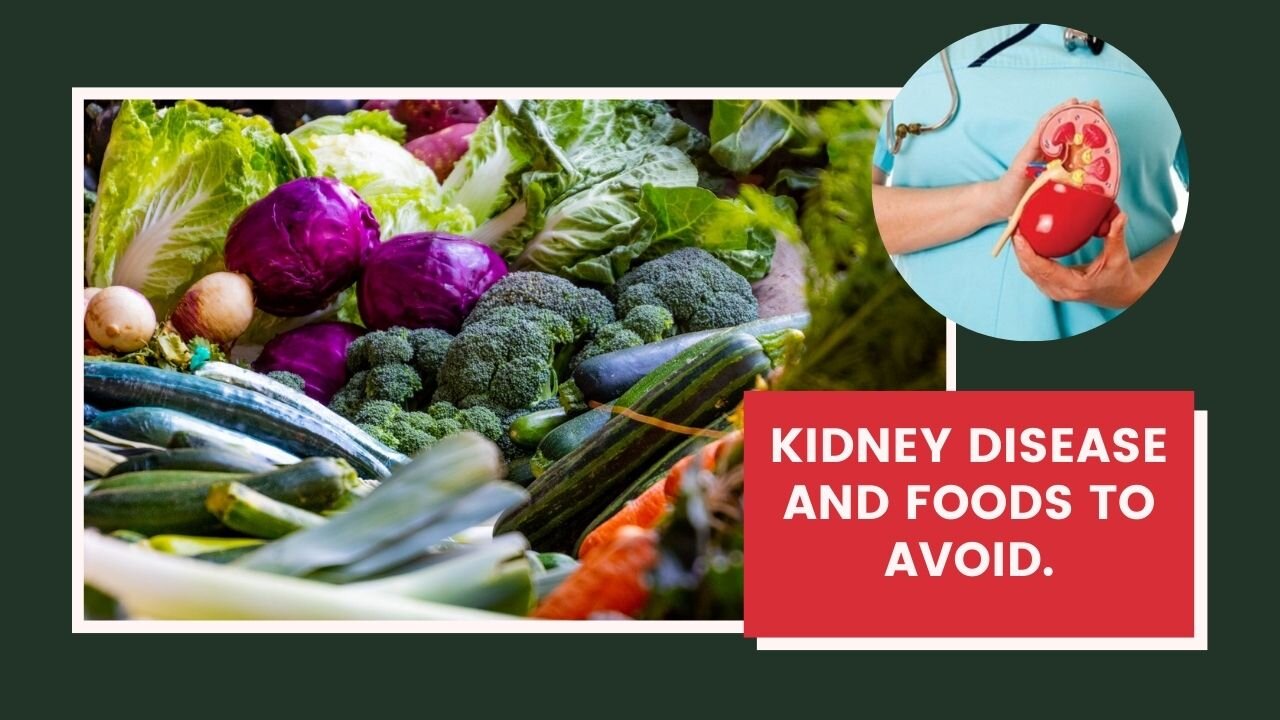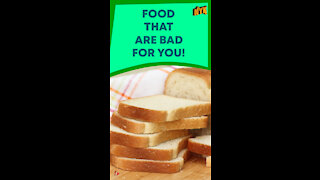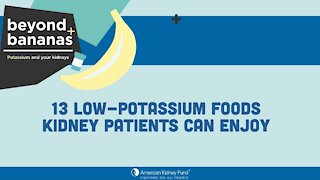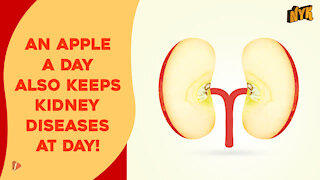Premium Only Content

Kidney Disease and Foods To Avoid.
Kidney Disease and Foods To Avoid.
👉You may be interested : Introduce Kidney Disease Solution Program.
Comprehensive Nutrition Plan outlining the exact foods that you can eat to help your kidneys heal and increase your kidney function (as well as detailing the foods that harm your kidneys)
👉 https://bit.ly/33r4aYZ
The kidney is a bean-shaped organ that performs many important functions.
They’re in charge of filtering blood, removing waste through urine, producing hormones, balancing minerals, and maintaining fluid balance.
When the kidneys become damaged and are unable to function properly, fluid can build up in the body and waste can accumulate in the blood.
However, avoiding or limiting certain foods in your diet may help decrease the accumulation of waste products in the blood, improve kidney function, and prevent further damage
Here are foods that you should likely avoid on a renal diet.
✅ Canned foods
Canned foods, such as soups, vegetables, and beans, are often purchased because of their low cost and convenience.
However, most canned foods contain high amounts of sodium, as salt is added as a preservative to increase its shelf life
Due to the amount of sodium found in canned goods, it’s often recommended that people with kidney disease avoid or limit their consumption.
Choosing lower sodium varieties or those labeled “no salt added” is typically best.
✅ Whole wheat bread
Choosing the right bread can be confusing for individuals with kidney disease.
Often for healthy individuals, whole wheat bread is usually recommended over refined, white flour bread.
Whole wheat bread may be a more nutritious choice, mostly due to its higher fiber content. However, white bread is usually recommended over whole wheat varieties for individuals with kidney disease.
This is because of its phosphorus and potassium content. The more bran and whole grains in the bread, the higher the phosphorus and potassium contents.
✅ Bananas
Bananas are known for their high potassium content.
While they’re naturally low in sodium, 1 medium banana provides 422 mg of potassium.
It may be difficult to keep your daily potassium intake to 2,000 mg if a banana is a daily staple.
✅ Dairy
Dairy products are rich in various vitamins and nutrients.
They’re also a natural source of phosphorus and potassium and a good source of protein.
For example, 1 cup (240 mL) of whole milk provides 222 mg of phosphorus and 349 mg of potassium.
Yet, consuming too much dairy, in conjunction with other phosphorus-rich foods, can be detrimental to bone health in those with kidney disease.
✅ Oranges and orange juice
While oranges and orange juice are arguably most well known for their vitamin C contents, they’re also rich sources of potassium.
One large orange (184 grams) provides 333 mg of potassium. Moreover, there are 473 mg of potassium in 1 cup (240 mL) of orange juice.
Given their potassium content, oranges and orange juice likely need to be avoided or limited on a renal diet.
✅ Processed meats
Processed meats have long been associated with chronic diseases and are generally considered unhealthy due to their preservative contents.
Processed meats are meats that have been salted, dried, cured, or canned.
Some examples include hot dogs, bacon, pepperoni, jerky, and sausage.
Processed meats typically contain large amounts of salt, mostly to improve taste and preserve flavor.
Therefore, it may be difficult to keep your daily sodium intake to less than 2,000 mg if processed meats are abundant in your diet.
✅ Dark-colored soda
In addition to the calories and sugar that sodas provide, they harbor additives that contain phosphorus, especially dark-colored sodas.
Many food and beverage manufacturers add phosphorus during processing to enhance flavor, prolong shelf life, and prevent discoloration.
While additive phosphorus content varies depending on the type of soda, most dark-colored sodas are believed to contain 50–100 mg in a 200-mL serving.
As a result, sodas, especially those that are dark, should be avoided on a renal diet.
✅ Avocados
Avocados are often touted for their many nutritious qualities, including their heart-healthy fats, fiber, and antioxidants.
While avocados are usually a healthy addition to the diet, individuals with kidney disease may need to avoid them.
This is because avocados are a very rich source of potassium. One cup (150 grams) of avocado provides a whopping 727 mg of potassium.
That’s double the amount of potassium than a medium banana provides.
Tag :
#reversechronickidneydisease
#kidneytreatment
#improvekidneyfunction
#kidneyfunction
#kidneydiseasetreatment
#reversechronickidneydiseasediet
#chronickidneydisease
#howtoreverseckdnaturally
#reversekidneydisease
#kidneyfailure
#kidneydisease
#kidney
#reversekidneydamagenaturally
#FoodsThatHealKidneys
#kidneyrepair
#kidneydisease
-
 4:18
4:18
WMAR
4 years agoLupus and Kidney Disease
45 -
 2:16
2:16
NowYouKnowEnglish
4 years agoFoods That You Should Avoid?
1.14K -
 1:59
1:59
Monkeysee
4 years ago13 Low-Potassium Foods Kidney Patients Can Enjoy
53 -
 1:37
1:37
NowYouKnowEnglish
4 years agoTop 3 Superfoods For People With Kidney Disease *
8.83K -
 1:40
1:40
NowYouKnowEnglish
4 years agoTop 3 Superfoods For People With Kidney Disease
85.7K1 -
 DVR
DVR
Sean Unpaved
2 hours agoNIL Controversy In Tennessee, Second Round of Masters Tee-Off, Flacco's Return To Cleveland!
3.41K3 -
 LIVE
LIVE
Major League Fishing
22 hours agoLIVE MLF College Fishing Championship!
338 watching -
 2:08:32
2:08:32
Tim Pool
3 hours agoAmerica First or Supporting Ukraine War, DEBATE | The Culture War with Tim Pool
126K132 -
 LIVE
LIVE
Dr Disrespect
2 hours ago🔴LIVE - DR DISRESPECT - WARZONE VERDANSK - SOLO WINS
2,153 watching -
 59:04
59:04
Ben Shapiro
1 hour agoEp. 2178 - SHOWDOWN: Trump Stares Down China
7.4K6